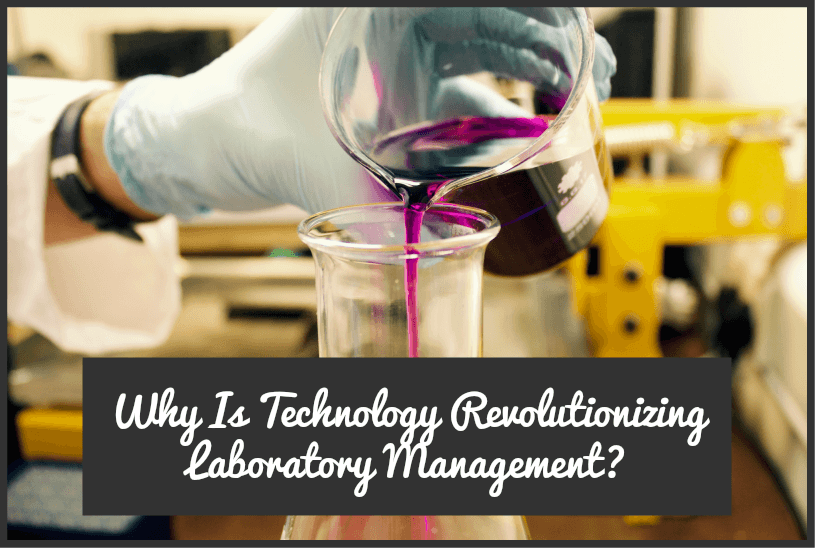
Why Is Technology Revolutionizing Laboratory Management?
The world in which we live is evolving, with all aspects of our lives from business to leisure, science to communication, all becoming more digitized to keep up with the latest advancements in digital technology. Laboratories may be no strangers to the use of robotics and computers within their analysis of complex data, but technology is also creeping into their operational processes with laboratory management information management system’s not only helping to improve efficiencies but to reduce turnaround times by introducing more complex automation.
Here are just 6 of the ways in which technology is helping to revolutionize laboratory management.
How is technology revolutionizing laboratory management
- By connecting laboratories to the cloud
The cloud has changed the way in which we store data, enabling companies and laboratories to store what they need in secure online databases that can then be accessed remotely from anywhere with an internet connection. Laboratory management information management systems are able to centralize laboratory data in the cloud giving anyone with the correct credentials access from anywhere in the world, at a touch of a button, making it easier to share and collaborate on laboratory work. - By helping laboratories to make more informed decisions
Laboratory management information management systems facilitate the real-time analysis of data as it is generated, enabling laboratories to make informed decisions much more quickly. Their sophisticated reporting and analytics dashboards are also able to break down information at each stage of the testing process helping laboratory staff to access the information they need. - By helping laboratories to detect data irregularities more quickly
With automation, laboratory management information management systems are able to improve data handling and find even the smallest of data irregularities using complex algorithms. Digital data handling is also more accurate than human data screening, reducing the chance of human error and safeguarding the quality of the data. - By automating repetitive tasks
From a simple efficiencies perspective, technology has enabled laboratories to automate their repetitive tasks such as data labeling, speeding up the process and providing greater continuity and accuracy throughout the process. With repetitive tasks automated, laboratory workers can focus more on what matters and costs can be saved on hiring people for routine tasks. - By making and saving laboratories money
Technology has helped to increase laboratory capacity and efficiency, enabling them to be more effective and profitable. In addition to helping laboratories to simply process more data, technology has also saved them money by reducing irregularities that may lead to re-testing. Although, in the beginning, many new technologies are an investment they often pay themselves back by improving processes. - By facilitating integrations
As laboratories get smarter it’s important that all of their retrospective technological components speak with one another to provide maximum efficiency across all areas of the testing process. Laboratory management information management systems are able to integrate with lab instruments to automate data collection, centralizing the data results to make it easier for laboratory staff to see what is going on at each stage of the process.
© New To HR


